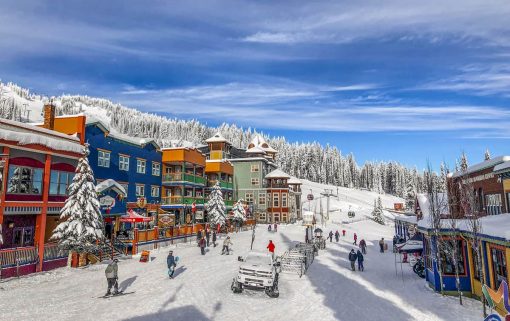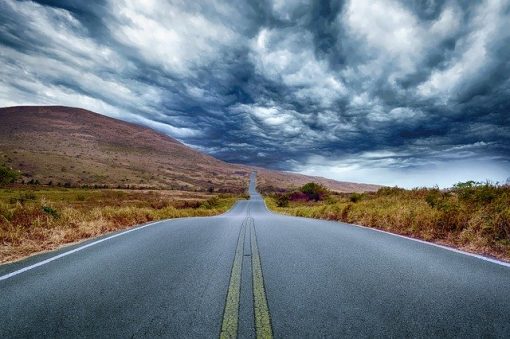In a passionate defense of real multiculturalism delivered back in 2003 at TED, National Geographic Explorer-in-Residence Wade Davis used the wealth of his experiences with some of the most fascinating indigenous cultures of the world to build a powerful argument in favor of the value of cultural diversity:
The world in which we live in does not exist in some absolute sense but is just one model of reality, the consequence of one particular set of adapted choices that our lineage made albeit successfully many generations ago. And of course we all share the same adaptive imperative, we are all born, we all bring our children to world, we go through initiation rights, we have to deal with inexplicable separation of death so it shouldn’t surprise us that we all sing, we all dance, we all have art. But what is interesting is the unique cadence of the song, the rhythm of the dance in every culture.
Resurfaced as part of the TEDTalks series, Dr. Davis talk introduces the audience to the idea of ethnosphere:
Together the myriad cultures of the world make up a web of spiritual life and culture life that envelops the planet and that is as important to the well being of the planet as indeed is the biological web of life that you know as the biosphere. And you may think of this cultural web of live as being an ethnosphere. You may define the ethnosphere as being the sum total of all thoughts and dreams, myths, ideas and inspirations, intuitions brought into being by the human imagination since the dawn of consciousness
And presents an alarming picture of its “erosion”:
Just as the biosphere is being severely eroded, so too is the ethnosphere and if anything at a far greater rate: No biologist would dare suggest 50 percent of all species or more of them are on the brink of extinction, because it’s simply not true. And that, the most apocalyptic scenario in the realm of biological diversity scarcely approaches what we know to be the most optimistic scenario in the realm of cultural diversity and the great indicator of that is language loss.
Blaming not change or technology for the damage to its integrity, but power, he cautions that the model we’ve all grown to accept as our modern society may not be sufficient down the road:
It is humbling to remember that our species is perhaps being around 600,000 years. The Neolithic revolution which gave us agriculture, at which time we succumbed to the cult of the seed, the poetry of the shaman was displaced by the prose of the priesthood, we created hierarchy, specialization, surplus, is only 10,000 years ago. The modern industrial world as we know is barely 300 years old. Now that shallow history doesn’t suggest me we have all the answers for all the challenges that will confront us in the ensuing millennia
His quest for preserving as many cultures as possible, saving their ancient wisdom for the benefit of future generations is certainly in pair with the ideals that keep me going with this project.
While I’ve attempted to provide accurate transcription for the highlights of this talk, take 20 minutes to watch the entire presentation. It is worth it.



great idea and initiative to spread this talk from TED. Thanks
Besides his incredible speech, the relevancy of his message is only matched by the urgency of this problem. This is probably our most important asset as a specie. Within this diversity lies our potential and the mind frame / reality to solve the problems we face as a specie. Like Einstein said, you cannot solve problems with the mindset/angle that created them.